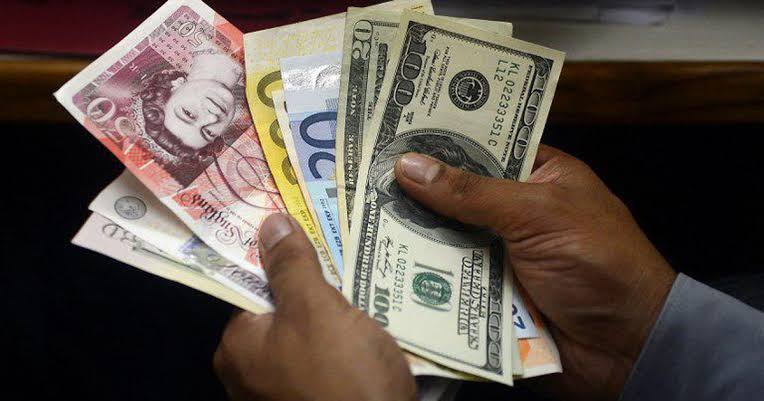Nigeria News
Nigeria Customs Reduces FX Rate For Import Duties

The Nigeria Customs Service (NCS) has recently adjusted its foreign exchange (FX) rate for tariffs and duties to ₦1,480 per dollar.
Naija News understands that this new rate is now visible on the federal government’s single-window trade portal.
The NCS exchange rate decreased by 3.28 percent from ₦1,530/$ on May 17. This customs rate was slightly lower than the official FX rate of ₦1,510/$ at the end of trading on May 24.
Customs typically follow FX rates recommended by the Central Bank of Nigeria (CBN) for import duties, based on activities in the official FX market. As of the close of today’s trade, the Nigerian currency has appreciated to ₦1,339.33/$.
On May 16, the director-general of the Centre for the Promotion of Private Enterprise (CPPE), Muda Yusuf, emphasized the importance of customs establishing a quarterly exchange rate ranging from ₦800/$ to ₦1000/$ for the assessment of import duties.
Yusuf highlighted that the ongoing fluctuations have a direct impact on inflation.
He further stated that implementing a stable exchange rate is crucial in order to mitigate the inflationary consequences of rising trade expenses.
Naira Strengthens To ₦1,339.33/$ At Official Market
Meanwhile, the Nigerian Naira appreciated significantly against the US dollar on Monday, closing at 1,339.33/$ in the official foreign exchange market.
This marked a substantial 9.68 per cent increase from Friday’s rate of 1,482.81/$, according to data from the FMDQ, which oversees the Nigerian Autonomous Foreign Exchange Market.
Despite the Naira’s gain in the official market, it faced a slight depreciation in the parallel (black) market, where it traded at ₦1,520 to the dollar, down 1.32 per cent from ₦1,500 on Friday.
This divergence in performance highlights ongoing volatility in the forex markets, which the Central Bank of Nigeria (CBN) Governor, Olayemi Cardoso, recently attributed to seasonal fluctuations.
During a press briefing in Abuja last Tuesday following the Monetary Policy Committee meeting, Governor Cardoso noted the recent market volatility, stating it reflected the “seasonal demand and a freely functioning market system of demand and supply.”
Monday’s trading also saw a significant decrease in forex turnover, with daily figures dropping 67.50 per cent to $180.80 million from $556.25 million on Friday, signalling a reduced transaction volume in the market.
Furthermore, according to the latest data from the CBN, the demand for foreign exchange for importation and other forex-related activities has declined 42 percent year over year.
This decrease is part of a broader reduction in sectoral forex allocation, which saw a 41.9 per cent drop in 2023.
The CBN’s quarterly statistics report revealed that 19 sectors and services received a total of $21.12 billion in forex allocations last year, a significant decrease from the $29.98 billion disbursed in 2022.










